Unlock Peak Performance with Perfect Meal Timing
The Science Behind Nutrient Timing: Optimize Meal Distribution for Performance
In fitness and athletics, meal timing significantly impacts performance and recovery. Athletes should focus not only on what they eat but also on when they eat. Nutrient timing involves planning meals and snacks around workouts to enhance recovery, sustain energy, and improve performance. This blog explores nutrient timing and provides tips for optimizing meal distribution to help athletes excel.
Understanding Nutrient Timing
Nutrient timing relies on the idea that nutrient intake timing influences the body’s response to exercise. Research shows that consuming nutrients at strategic times optimizes muscle recovery, increases strength, and enhances endurance. This principle matters most for athletes in high-intensity training or competitive sports, where every edge counts.
The Role of Macronutrients
Macronutrients—carbohydrates, proteins, and fats—serve distinct roles in athletic performance.
– **Carbohydrates** provide the primary energy source during high-intensity activities. The body stores them as glycogen in muscles and liver, which fuels exercise. Athletes must consume enough carbohydrates before and after workouts to replenish glycogen stores.
– **Proteins** support muscle repair and growth. After exercise, muscles experience stress and micro-tears that require repair. Athletes should consume protein post-workout to stimulate muscle protein synthesis, which builds new muscle tissue.
– **Fats** offer a sustained energy source during longer-duration, lower-intensity exercise. They may not fuel high-intensity workouts but are crucial for overall energy balance.
Balancing macronutrients optimizes performance. Understanding their roles enables athletes to make informed dietary choices.
The Anabolic Window
The “anabolic window” is a critical concept in nutrient timing. This period occurs after intense exercise, during which muscles readily absorb nutrients. It typically lasts 30 minutes to two hours post-exercise. Consuming carbohydrates and proteins during this window enhances recovery and muscle growth. Athletes should aim to eat a post-workout meal or snack within this timeframe to maximize nutrient absorption.
Tips for Effective Nutrient Timing
Athletes can implement several strategies for effective nutrient timing:
1. Pre-Workout Nutrition
Eat a balanced meal 2-3 hours before exercising for sustained energy. This meal should include complex carbohydrates (like whole grains, fruits, and vegetables) and lean proteins (such as chicken, fish, or legumes). Carbohydrates provide energy for workouts, while proteins help prevent muscle breakdown.
If time is limited, choose a lighter snack closer to workout time.
Conclusion
Understanding nutrient timing helps athletes maximize performance and recovery. By optimizing meal distribution, athletes can achieve their best results.
Below are related products based on this post:
FAQ
What is nutrient timing and why is it important for athletes?
Nutrient timing refers to the strategic planning of meals and snacks around workouts to enhance recovery, sustain energy, and improve performance. It is important for athletes because research shows that the timing of nutrient intake can significantly influence the body’s response to exercise, optimizing muscle recovery, increasing strength, and enhancing endurance.
What are the roles of macronutrients in athletic performance?
Macronutrients play distinct roles in athletic performance: carbohydrates provide the primary energy source for high-intensity activities, proteins support muscle repair and growth post-exercise, and fats offer sustained energy during longer-duration, lower-intensity exercises. Balancing these macronutrients is essential for optimizing overall performance.
What is the “anabolic window” and how should athletes utilize it?
The “anabolic window” is the period after intense exercise, typically lasting 30 minutes to two hours, during which muscles are more receptive to nutrient absorption. Athletes should consume carbohydrates and proteins during this timeframe to enhance recovery and promote muscle growth, ideally through a post-workout meal or snack.
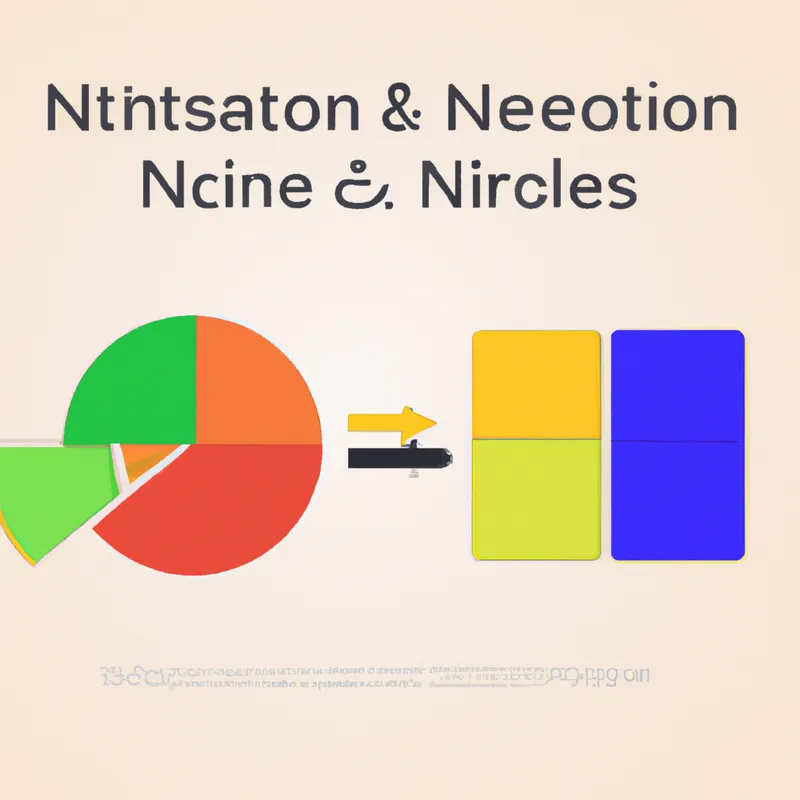

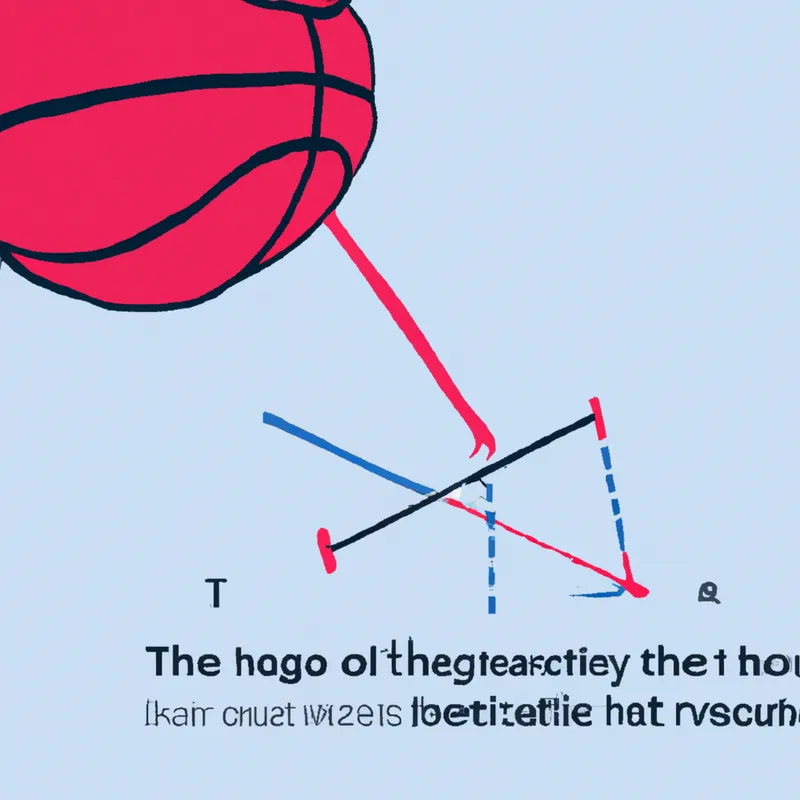
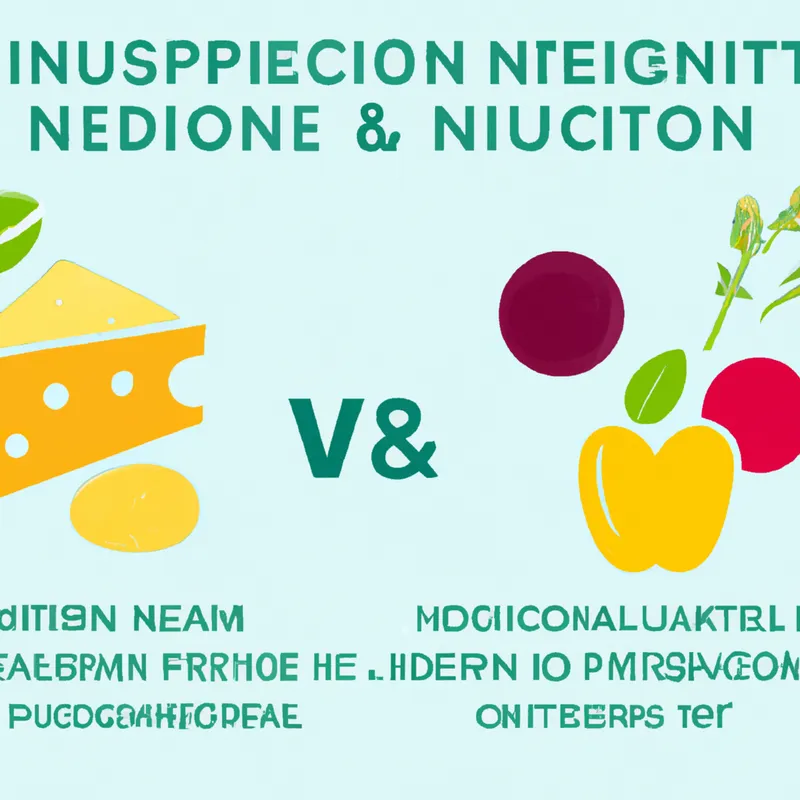

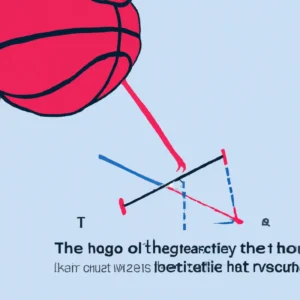


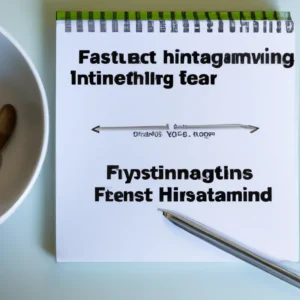




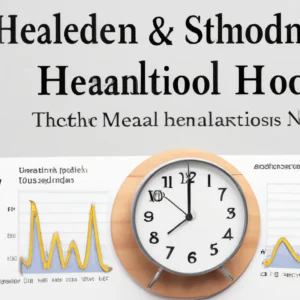

Post Comment